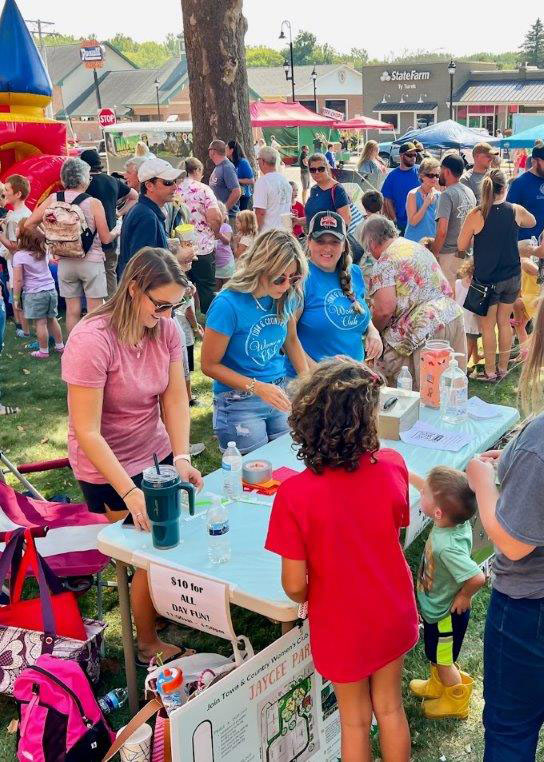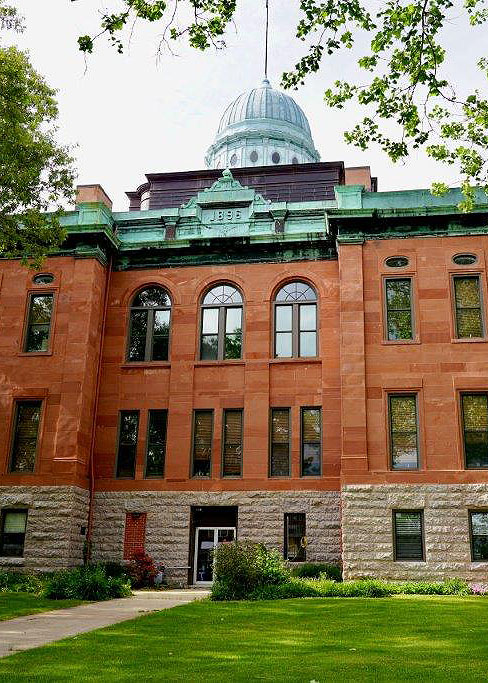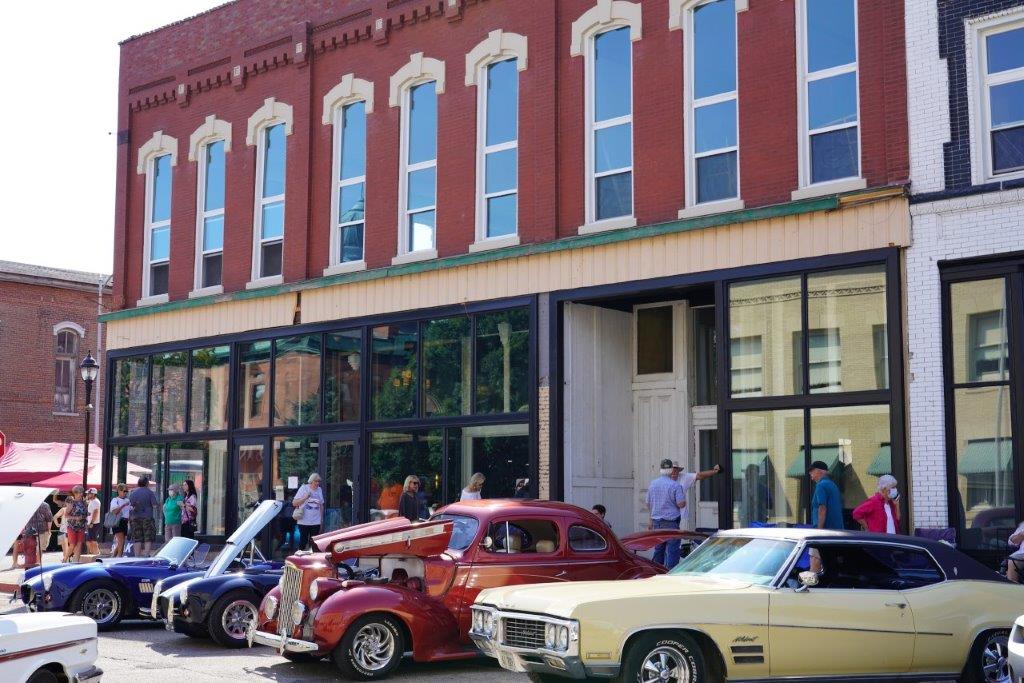Community Revitalization
Proactive planning is essential for creating or preserving affordable housing that meets the specific needs and preferences of a community. These activities help residents and leaders understand local assets, address current housing needs, anticipate future housing needs, and ensure housing development supports broader goals related to economic growth, tourism, beautification, and more. IHDA is committed to building the capacity of smaller and rural cities to plan for their future, and as a part of this commitment provides grant programs, free planning services, and technical assistance programs designed to empower Illinois communities to meet their housing needs.
IHDA supports the identification and addressing of local needs in a variety of ways. The Authority publishes house-made (with US Census Data) site selection tools such as the Affordable Rental Unit Survey (showing both naturally occurring and rent-restricted / subsidized affordable housing rental units), the Affordability Risk Index (looking at conditions that typically lead to the loss of Affordability (i.e. gentrification) and the Quality of Life Index. Additionally, IHDA provides direct technical assistance to communities looking to identify and address their own local housing needs via its Community Revitalization Technical Assistance Network. As of the end of 2023, IHDA completed and published 17 community revitalization plans in partnership with municipalities in central and downstate Illinois, each one tailored to address specific goals related to employment, community amenities, affordable housing, and more.
In addition to these proactive planning services, IHDA continued to offer a range of recovery and revitalization programs giving local leaders the tools they need to improve the quality of their housing stock, address blighted properties, and rebuild their communities. In 2022 and 2023, IHDA awarded $12.2 million to help municipalities and community development organizations maintain or demolish 1,810 abandoned properties in 41 counties.
TERMINOLOGY
The implementation of intentional efforts that are likely to lead to measurable increases in access to employment, living wage jobs, healthcare, supportive services, community amenities, transportation, quality and affordable housing stock.
A deliberate, concerted, and locally approved plan or documented interconnected series of local efforts created with local stakeholder support and intended to improve and enhance specific aspects of a defined area.
A public entity with unique powers to acquire vacant, abandoned, and deteriorated properties and return them to productive use according to community goals.
Notably, the Region 1 Land Bank used funding from IHDA’s Land Bank Technical Assistance and Strong Communities Programs to transform over 150 vacant and blighted properties into renovated single-family homes for sale at affordable prices in McHenry, Boone, Winnebago, and Stephenson counties. As problem properties are brought back online, neighboring property values rise and local businesses benefit as better housing stock attracts and retains employees.
IHDA programs also continued to preserve and improve the quality of the state’s single-family housing stock in communities across the state. To assist families who cannot afford the high cost of repairs and modifications, IHDA’s Home Repair and Modification Programs awarded $8.8 million in funding to municipalities and non-profit organizations to administer local programs that corrected code violations, eliminated health and safety hazards, and lowered energy consumption for 308 families throughout 31 counties.


Chicago

City of Petersburg
IHDA’s community planning efforts are supporting revitalization efforts in Petersburg, a city of 2,600 located on the Sangamon River in Menard County. Like many central Illinois communities, the housing stock in Petersburg is aging. Much of the available housing does not meet the needs of the young families that local leaders hope to attract, and there are limited options for seniors who hope to stay in the community as they downsize. To address these gaps, IHDA, the City of Petersburg, and the Menard County Housing Authority worked in partnership over the course of more than two years to develop a formal Community Revitalization Plan for the city.
This work included extensive demographic, economic, and housing market analyses, housing stock and community needs surveys, and evaluation of trends in the broader market area. To produce a plan that truly reflected the community’s values and priorities, this effort included a public outreach strategy that prioritized the engagement and participation of residents, local businesses, and populations that have historically been underrepresented or harder to reach in other local planning processes. In order to reach as many Petersburg residents as possible, needs assessment surveys were distributed both electronically via local email lists, social media, and other channels, as well as via paper surveys made available at the local grocery store, post office, and social services office. Due to the COVID-19 pandemic, the first stakeholder meeting was held virtually, but further meetings were delayed until the summer of 2021 when in-person meetings were possible, due to local concerns about residents’ access to virtual meeting platforms. The first in-person community meeting was held at Petersburg City Hall in May 2021 and included residents and business owners from across the city, including a downtown small business owner who lived in the newer subdivision by the lake and residents of Petersburg affordable housing who access social services. The community meeting was also an opportunity for IHDA planning staff to train local volunteers to perform the housing stock survey, which gave surveyors ample opportunities to engage with their neighbors as they walked the blocks of their community throughout the planning process.
This outreach and analysis resulted in a Community Revitalization Plan that addresses the primary themes, needs, and visions for development that were drawn from the plan’s outreach components. This plan, adopted by the Petersburg City Council in 2023, includes goals and recommendations intended to guide the city’s short-, medium-, and long-term development decisions, which include not only housing objectives but also goals for parks and recreation, economic development, and tourism and marketing. In addition to supporting a successful effort to revitalize a historic public park and recreation space, the trends and market statistics discovered in the Community Revitalization planning process were used to support a successful application to renovate Lukin’s Landing, a 74-unit public housing development built in 1980. With an award of state and federal tax credits from IHDA, the property will be substantially renovated and upgraded to preserve its affordability and meet the needs of working families for years to come.
